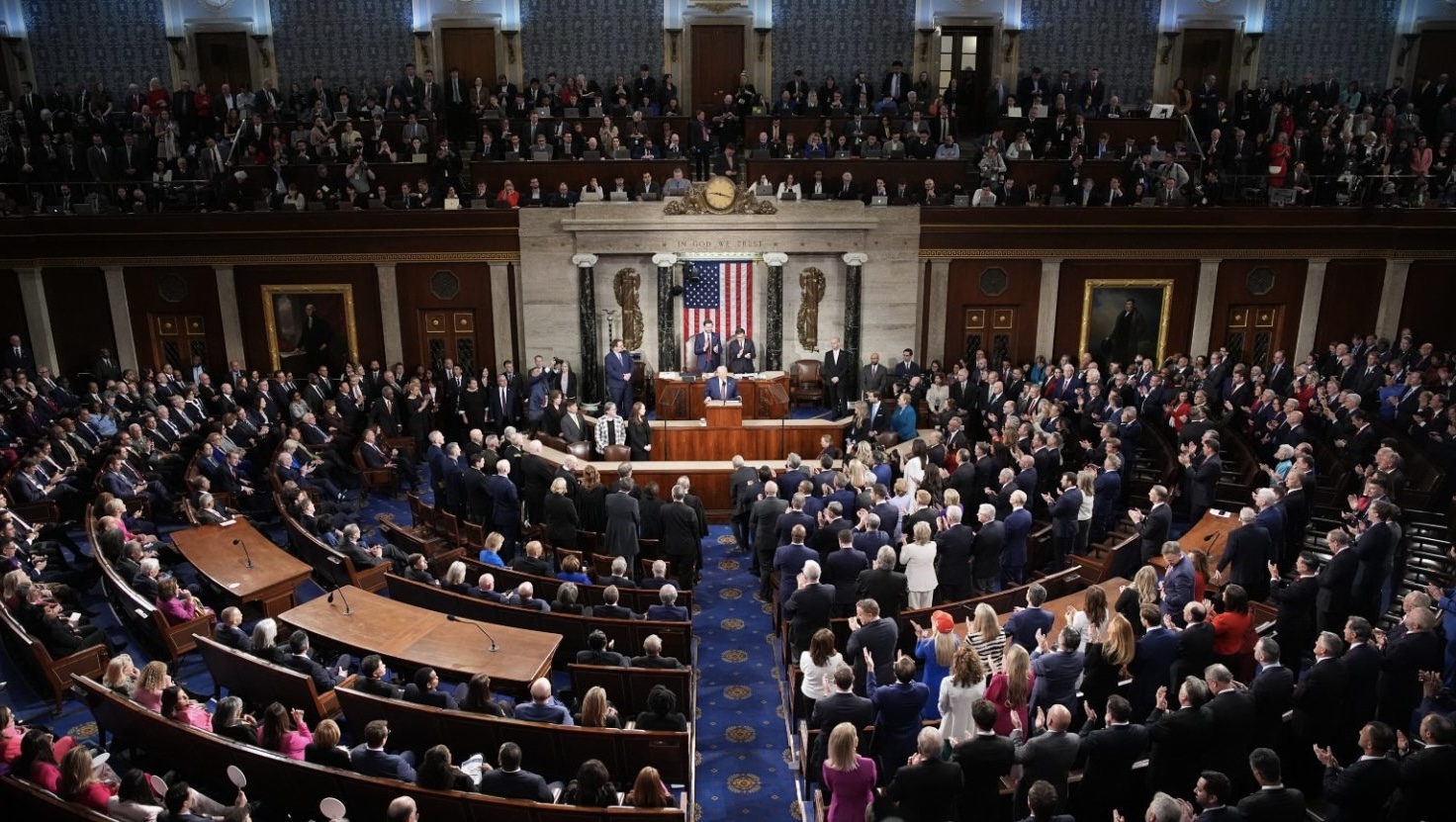Senate Approves Vote 52-46 as Two Republicans Diverge from Trump
In a significant Senate vote that has drawn widespread attention, Kelly Loeffler was confirmed as the new head of the Small Business Administration (SBA) with a 52-46 majority. The vote has sparked discussions regarding its potential impact on federal policies and the direction of the agency, especially as small businesses across the country continue to navigate economic challenges. This confirmation brings President Trump’s cabinet count to 18 members and highlights a rare moment of bipartisan support, with Sen. Jacky Rosen of Nevada joining 51 Republicans in backing Loeffler’s nomination.
The vote has raised questions among both political analysts and observers, particularly given the unexpected divisions within the Republican Party. Some GOP senators chose to break ranks, while others abstained from casting their votes, leading to speculation about shifting dynamics and potential internal disagreements. Loeffler’s appointment is seen as a potentially transformative moment for small business policy at a time when entrepreneurs face numerous hurdles, from fluctuating market conditions to uncertainties in consumer demand.
The confirmation process itself was marked by considerable debate over Loeffler’s qualifications and approach to overseeing federal programs that impact small businesses. Many of the discussions focused on how her leadership would influence future policy decisions related to economic relief, regulatory frameworks, and the distribution of government support for struggling industries. As the new head of the SBA, Loeffler will be responsible for navigating these challenges while addressing the needs of small business owners, particularly in light of the economic strain exacerbated by the ongoing global pandemic.
While the confirmation process was largely defined by a sharp division in voting patterns, the outcome also highlighted the importance of collaboration and compromise in shaping government leadership. With small businesses representing a critical component of the U.S. economy, Loeffler’s appointment could have significant implications for future policymaking, especially regarding economic recovery strategies and support programs aimed at helping small enterprises thrive in an increasingly competitive environment.
Looking ahead, Loeffler’s tenure at the SBA will likely be a key area of focus for analysts and policymakers alike, as they monitor how her decisions impact the broader landscape of federal business support. The role of the SBA in providing resources and guidance to small businesses will be crucial in fostering long-term economic growth and stability across the country. With an eye on the upcoming midterm elections, the focus on small business initiatives and federal economic programs is expected to intensify, as candidates and voters alike consider the implications of Loeffler’s leadership and the ongoing evolution of government policies.
In conclusion, Kelly Loeffler’s confirmation marks a pivotal moment for the Small Business Administration and signals potential shifts in how federal agencies may address the needs of small businesses in the coming years. Her appointment comes at a time of great economic uncertainty, and her leadership will undoubtedly play a crucial role in shaping the future of small business policy and government support in the United States.
